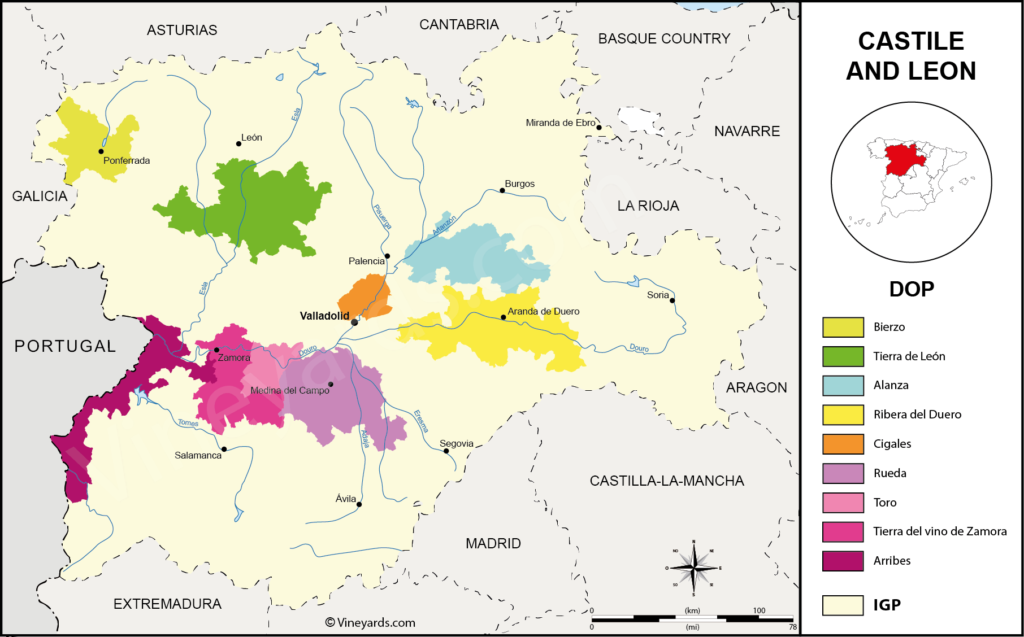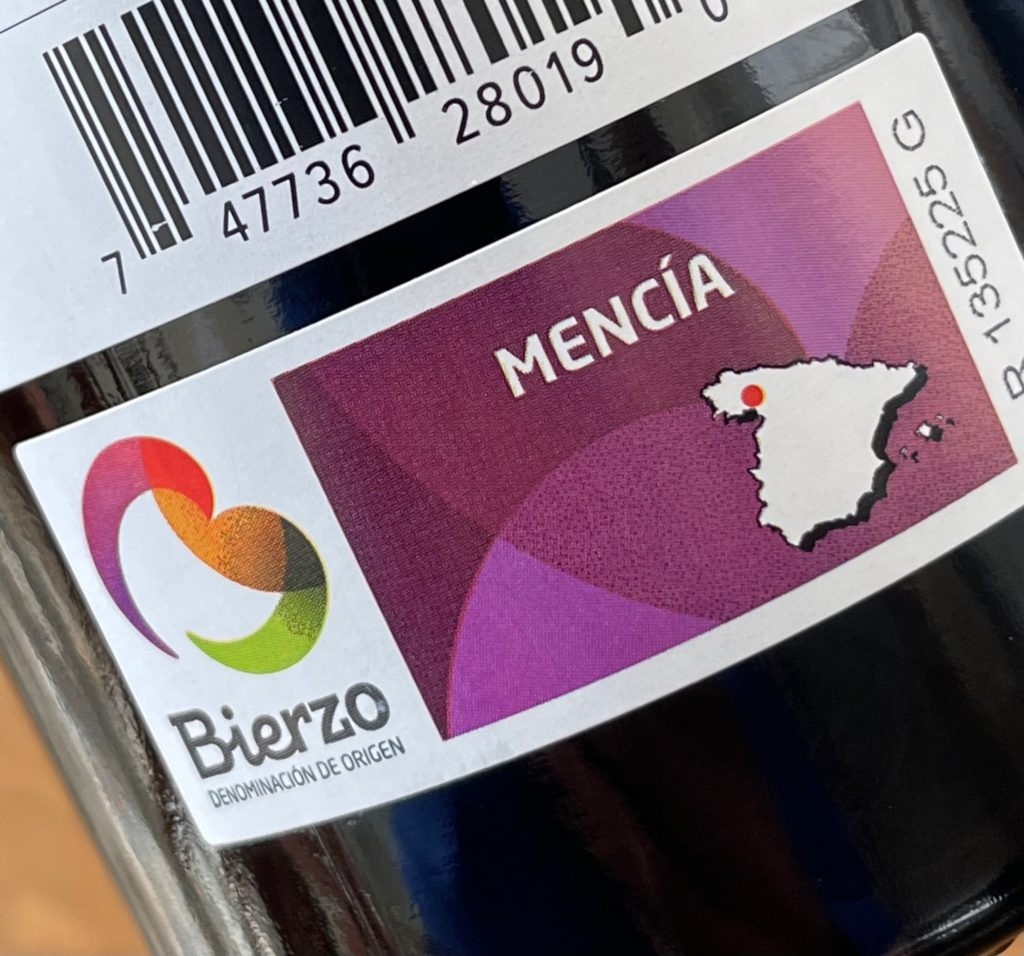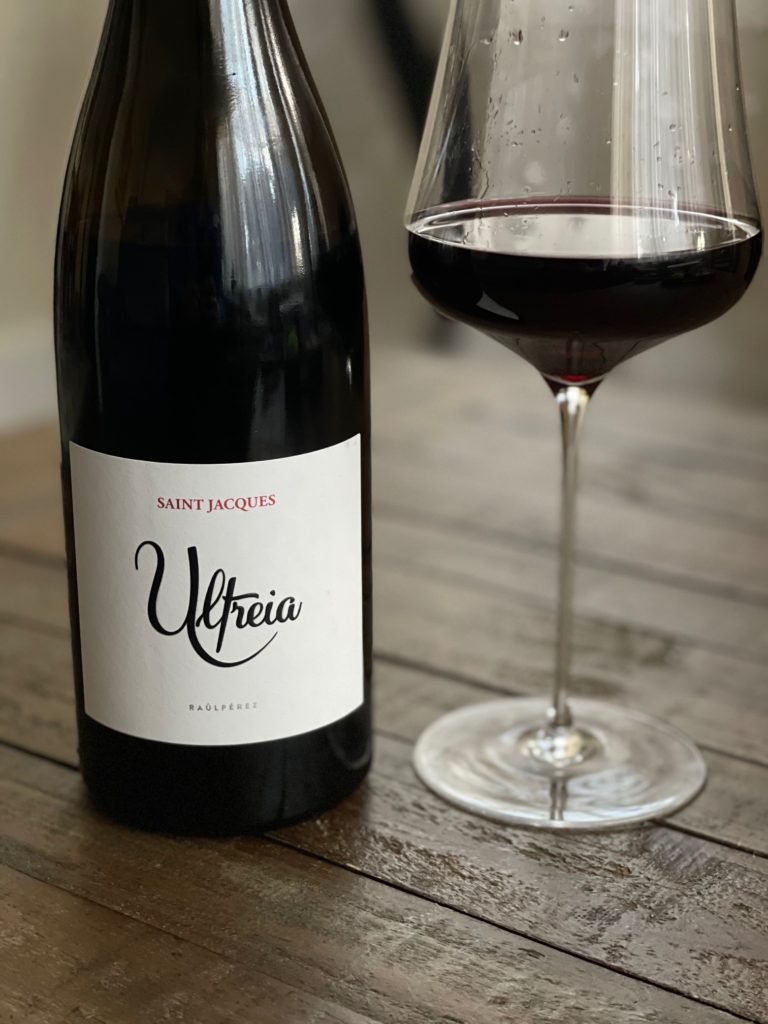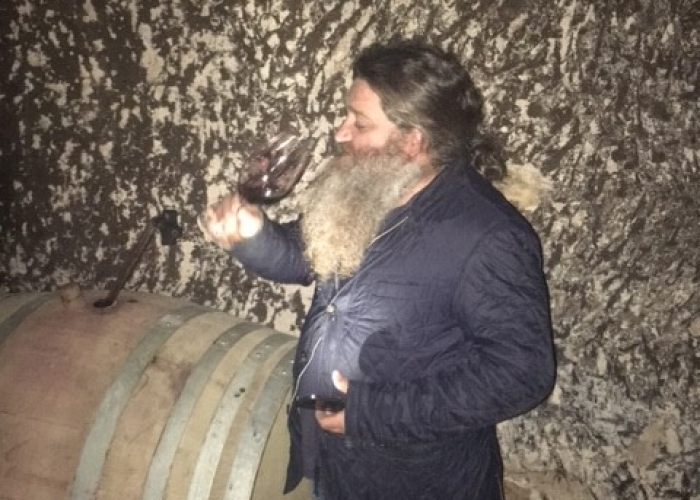This month the #WorldWineTravel group continues its 2021 virtual tour of Spain with a visit to Castilla y Léon. Our co-hosts this month are Allison of ADVineTURES, and Lynn of Savor The Harvest.
About Castilla y Léon
Castilla y Léon, in the northern half of the central Iberian Plateau, is the largest of Spain’s 17 administrative and political regions, covering about 20% country’s total surface area. According to the Food And Wines of Spain, the area might also be known as the Duero River Valley because most of the greatest wines are from vineyards around the Duero River.
Winemaking in the region predates Roman settlement.
Terroir-wise, it’s a diverse region. From dry plains to rocky higher altitude areas and a continental climate ranging from scorching summer to frigid winter days. Overall, rain is scarce forcing vines to search deep within the area’s varied soils, here one can find quality red, white, rose and sparkling wines to suit any palate in this area explains Lynn in her invitation post

I’m focusing on the Bierzo DO (Denominación de Origen) because it provides an opportunity to revisit a grape variety I have missed – Mencia.
Looking back on my tasting notes, I first tasted Mencia in 2010 (yes, I have tasting notes from 10+ years ago thanks to CellarTracker) That wine was elaborated by Bierzo pioneer Descendientes de José Palacios, who is rightfully credited with elevating both Bierzo and the Mencia grape to international acclaim. Somehow, I’ve lost touch with Mencia (so many wines, so little time…sound familiar?).
About Bierzo and Mencia
Bierzo, which achieved D.O. status in 1989, is a wine region in the northwest of Castilla y Leon, Spain, close to the region’s borders with Galicia (to the west) and Asturias to the north. The Bierzo viticultural area consists of two parts: Bierzo Alto (high Bierzo), a mineral-rich and mountainous terrain where terraced vineyards are sewn into the slopes, and Bierzo Bajo (low Bierzo), a wide and verdant plain.
Bierzo is one region that has helped usher in the exciting modern era of Spanish wines.
Eric Asimov
Bierzo’s proximity to the Atlantic Ocean has a profound effect on its overall climate, with average temperatures during the growing season much cooler than in Castilla y Leon’s more inland areas, making it rather mild. Average rainfall is around 28 inches (720mm). Nevertheless, the Cordillera Cantábrica mountain range in the north provides the vineyards with adequate shelter, ensuring that the local Mencia grapes achieve optimum ripeness. Its soil is different from that found in other parts of Castilla y Leon. They range from alluvial in the Bierzo Bajo to rocky and slate-filled in Bierzo Alto. The wines tend to be lighter in terms of alcohol and more refreshing than those from other parts of Castilla y León. Source
Mencía (pronounced Men-THEE-ah) is a unique medium bodied wine that grows in Bierzo DO in the northwest region of Spain (and also in neighboring Ribeira Sacra,and Galicia) and Portugal (where it is known as Jaen).

Its origins are murky, but we do know that the grape variety is indigenous to Bierzo. It’s thought to have arrived with the Cistercian monks who settled in the area after making their pilgrimage to nearby Santiago de Compostela. (Some say it’s even older, dating to Roman legionnaires. No one really knows.)
“What happened next was that, what with phylloxera in the late 1800s and then various political upheavals in Spain, the Mencía grape descended into obscurity. It was only in the 1990s that it was “rediscovered” by the locals and treated with the winemaking respect and competence that it deserves. Today, Mencía is a Spanish star”, explains Matt Kramer of the Wine Spectator
It has been likened to Loire Valley Cabernet Franc (in fact, the wine was once thought to be related to Cabernet Franc, but recent DNA testing has proven otherwise).
Since the 1990s it has evolved from a simple, regional grape variety used to make table wines to being recognized grape variety cable of producing interesting, complex and compelling wines. Bierzo’s multitude of old vines and dramatic, cool climate, high-altitude terroir have proved useful for the quality of the wines, helped along by improved viticultural methods and extra vigilance in the winery.
If you love Pinot Noir and other aromatic reds (like Gamay or Schiava), then Mencía is something worth investigating explains Wine Folly.
2018 Raul Pérez Bierzo Ultreia St. Jacques
This wine is a blend of mostly Mencia with Bastardo (Trousseau), and Alicante Bouschet. The fruit was sourced from organically farmed vineyards in the village of Valtuille de Abajo. The vines were planted between 1900 and 1940 on sandy soils and are situated at around 600 meters high. Elaboration: 80% whole cluster fermentation in large oak vats. Macerations of between two and five months. Aging in various vessels: 225L, 500L, foudre and cement. Bottled unfiltered and unfined

Translucent medium-ruby color with very aromatic red fruit, violets, crushed rocks, anise, and a hint of peppered meat aromas. On the palate it’s medium-bodied, persistent and precise with mouth-watering acidity and fine-grained velvety tannins. It shows red currant, dried black cherry, and plum flavors accented with a savory, herbal edge and a long finish. 13.5% ABV| SRP – $19| 91pts. Awesome QPR for this distinctive, harmonious and delicious wine!
Mencia at the Table
Food-wise, Mencía loves to be paired with a wide variety of dishes and is no one-trick pony when it comes to food matching. It’s ideal with Iberico pork, the acidity cutting through the fattiness of the pork with aplomb. Its red fruit and cherry fruit profile also make it a good candidate to match with roast duck, particularly if it is served with a rich fruit sauce. It also takes kindly to fowl and will work with a wide variety of tapas dishes; sommeliers are now so well aware of this grape’s wonderful versatility that Mencía is becoming a popular fixture on restaurants in London, New York, and of course across Spain explains Cellar Tours.
About Raúl Pérez Bodegas y Viñedos
From importer Skurnik, “Raúl Pérez Pereira is universally considered to be one of the world’s most visionary winemakers. Since he produced his first vintage for his family’s winery in 1994 at the age 22, he has been in the forefront of the conversation about what has been called “The New Spain”. In 2005, he left his family business to strike out on his own, creating Bodegas y Viñedos Raúl Pérez, which quickly became the point of reference for the Bierzo appellation. In the intervening years, he has expanded his sphere of activity to include the appellations of Rías Baixas, Ribeira Sacra and Tierra de León, but his heart and his home remain in Valtuille de Abajo, the village in Bierzo where his family has been tending vines for well over 300 years.

In addition to numerous other accolades, Raúl was named “Winemaker of the Year” by German publication Der Feinschmecker in 2014 and “Best Winemaker in the World” for 2015 by the French publication Bettane+Desseauve. In the February 2018 Decanter, Master of Wine Pedro Ballesteros wrote, “Raúl Pérez is the archetype of the intuitive winemaking genius.” A picture of Raúl in that same article is captioned, “Is this the best winemaker in the world?” Raúl would certainly not self-apply any of these superlatives. In fact, his genius is far exceeded by his humility and generosity of spirit. That humility comes through in his wines. These are not “winemaker” wines so much as they are unadulterated expressions of the villages and vineyards from which they hail.”
Related articles from #WorldWineTravel:
- Allison of AdVINEtures declares Ribera del Duero: Spain’s Rising Star.
- Co-host Lynn of Savor the Harvest introduces us to Unconventional in Castilla y Leon – Ismael Gozalo and MicroBio Wines.
- Camilla of Culinary Adventures with Camilla pairs Patatas a lo Pobre + Losada Bierzo 2017.
- Steve of Children of the Grape explores Hemingway and the Plains of Spain.
- Wendy of A Day in the Life on the Farm explains why Abadia Retuerta Seleccion Especial is indeed a Special Selection.
- Terri at Our Good Life is Exploring Castilla y Leon Through Wine and Food.
- David at Cooking Chat tempts us with his Steak Picado Recipe with Ribera del Duero Wine.
- Jeff of Food Wine Click! reveals A Different Take on Castilla y Leon.
- Martin of ENOFYLZ Wine Blog discusses Mesmerizing Mencia – The Star Grape of Bierzo; 2018 Raúl Pérez Ultreia St-Jacques.
- Lisa The Wine Chef reveals Castilla y Leon, Home of Spain’s Best Kept Secret: Wine, Dine and Stay in an Luxe 12th Century Abbey Overlooking World-Class Vineyards.
- Robin at Crushed Grape Chronicles shares Rueda and Verdejo Just Keep Rolling with the #1 White Wine in Spain!
- Nicole at Somm’s Table tells us about A Phenomenal Feast at Emilio Moro.
- Linda at My Full Wine Glass discusses Rueda Verdejo – A Crisp White Alternative to Sauvignon Blanc.
- Susannah at Avvinare is Exploring Rueda’s Signature Grape, Verdejo.
- Lauren at The Swirling Dervish shares Dominio del Pidio Albillo: Tasting an Unusual Spanish White Wine in Miami.
- Gwendolyn at Wine Predator posts Cristina Forner Leads Marques de Cacerés: Her Verdejo from Rueda with Barbacoa Tacos.
If you’re up early enough, please join our Twitter chat Saturday, March 27th at 8:00 am PT, 17:00 CET using hashtag #WorldWineTravel.
We love that you focused on Mencia and what a great reminder to drink more of it. Starting with the Raul Perez Ultreia St-Jacques — your rating at that price? Yes please!
This is a region and grape I am hearing more and more about. Your note “It has been likened to Loire Valley Cabernet Franc” has me sold on finding a bottle and the fact that it pairs with so many things I love? Sign me up!
I’m not familiar with Menica but now I know to keep a lookout for it. My husband will love this profile.
I poured a Mencía also. Thanks for the history of the grape, murky as it is! I didn’t dig that far. But now I think I need another bottle or two. Cheers.
Interesting to read both that Mencia is likened to Loire Cab Franc. Then Wine Folly says PN, Gamay and Schiava. I haven’t had enough Mencia to go one way or the other but love what I’ve had. How about you?
This is such a good wine! I’m so glad you chose to showcase it. I have a particularly fond memory of pairing this wine with roast pork and Romesco sauce – a magic combo! And you’re so right about Mencia, it really is very food friendly and goes well with so much. I wasn’t aware of a lot of the history, so thanks for enlightening me.
Great post! I love Mencia and remember talking to a customer of mine about it back in my wine-selling days. He was convinced it was the “Spanish Cabernet Franc but better”. Who was I to argue? Still makes me smile!
I recently had a much “bigger” Bierzo wine, I wonder if it was from the lower Bierzo? Anyway, your wine sounds great.
I also look forward to trying a Menica wine and trying other wines from this region!
Mencia’s been on my list to try, but as you said “so many wines, so little time.” Raúl Pérez Pereira looks and sounds like an interesting character!
Great article Martin. Loved your notes, your comparisons, food pairings and information on Bierzo. It’s been a long time since I’ve tried one and Raul Perez Pereira sounds like one to try. Cheers, Susannah
Thanks Susannah. I’m definitely going to see if I can find more of Raul Perez’ wines.
Makes me eager to open a Mencia again, ideally this one if I can track it down!